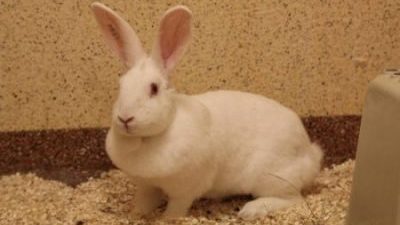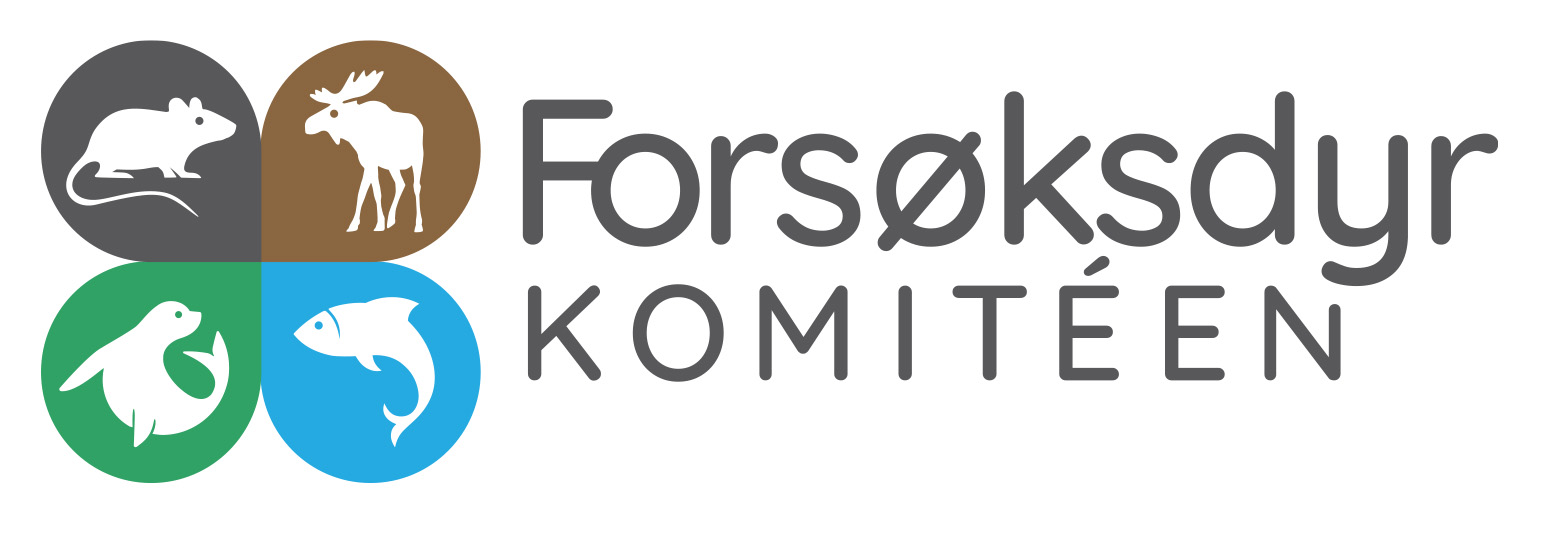
Online møte med European National Committee Network (ENCN) om non-animal produksjon av antistoffer
ENCN er et nettverk av alle de europeiske nasjonale komitéene og skal fremme kommunikasjon og samarbeid mellom landene. De har årlige møter. Det overnevnte møtet var arrangert av den nederlandske komiteen på 08.10.21. 16 individer deltok, inkludert en representant fra den norske komiteen.
Møtet startet med en presentasjon av Alison Gray, hvor historien rundt EURL ECVAMs anbefaling om overgangen til non-animal produksjon av antistoffer, belyste utfordringer rundt dette og anbefalinger. Hun understrekte at endringen er nødvendig for å oppnå direktivet og at de lokale myndighetene må innføre støtteprosjekter for at brukerne skal kunne gjennomføre dette skiftet nå.
Link til video av Alison Gray sin presentasjon (NB: På slutten av videoen er det listet flere ressurser om non-animal produksjon av antistoffer):
https://www.youtube.com/watch?v=0jBDWy_9Yi0
Etter presentasjonen var det åpen diskusjon. Det ble ytret en frustrasjon over at forskermiljøet ikke hadde blitt hørt i høringsperioden av EURL ECVAM sin anbefaling og mange av de negative kommentarene var begrunnet i dette. Noen ytret bekymringer for økonomiske og ressursbelastende begrensninger for forskere som fortsatt bruker dyr i sin produksjon og det ble nevnt et fåtall eksempler på enkelte antistoffer som ikke kan produseres uten bruk av dyr. Men diskusjonen dreide videre til at dette kan løses med støtteprosjekter fra de lokale myndighetene og at anbefalingen fra EURL ECVAM ikke konsentrerer seg om de få antistoffene som er umulig å produsere in vitro, men målet for både anbefalingen og Direktivet er å redusere bruken av dyr i alle de andre prosjektene, hvor antistoffene allerede nå kan produseres uten dyr. For å oppnå anbefalingen og Direktivet må fokuset være på at in vitro metoder skal være førstevalget og det skal settes høye krav til utredning før man eventuelt kan søke om dispensasjon om å bruke dyr. Det ble foreslått at ENCN burde sette opp prosjektgrupper hvor man diskuterer spesifikke problemer og utrede en best practice anbefaling.
English:
Online meeting with the European National Committee Network (ENCN) on non-animal production of antibodies.
ENCN is the network of all the European national committees working on communication and cooperation between the countries. The network has annually meetings. The before mentioned meeting was meeting was arranged by the national committee in the Netherlands on 08.10.21. 16 individuals attended, including a representative for the Norwegian national committee.
The meeting started with a presentation from Alison Gray, where the background of the EURL ECVAMs recommendation about the transition to non-animal production of antibodies, showed the challenges around this and some recommendations. She emphasized that the change is necessary to fulfill the Directive and that the local governments must introduce support projects so that the users can implement the change now.
Link to video of Alison Grays presentation (NB: At the end of the video there are listed several resources on non-animal production of antibodies):
https://www.youtube.com/watch?v=0jBDWy_9Yi0
After the presentation there was an open discussion. It was mentioned a frustration over that the research community had not been heard during the hearing-period of the EURL ECVAMs recommendation and many of the negative comments was based in this. It was mentioned some worry for economical and resource problems for the researchers who still are using animals in their production and it was mentioned a small number of examples of individual antibodies that can not be produced without animals. But the discussion went over to that this can be solved with support projects from the local governments and that the recommendation from EURL ECVAM does not concentrate on the few antibodies that can not be produced in vitro, but the goal from both the recommendation and the Directive is to reduce the use of animals in all the other projects, where antibodies already now can be produced without animals. To fulfill the recommendation and the Directive, the focus must be on using in vitro methods at the first choice and to set high requirements for investigations before a project gets dispensation to use animals. It was suggested that ENCN should arrange project groups where we can discuss specific problems and investigate best practice recommendations.
